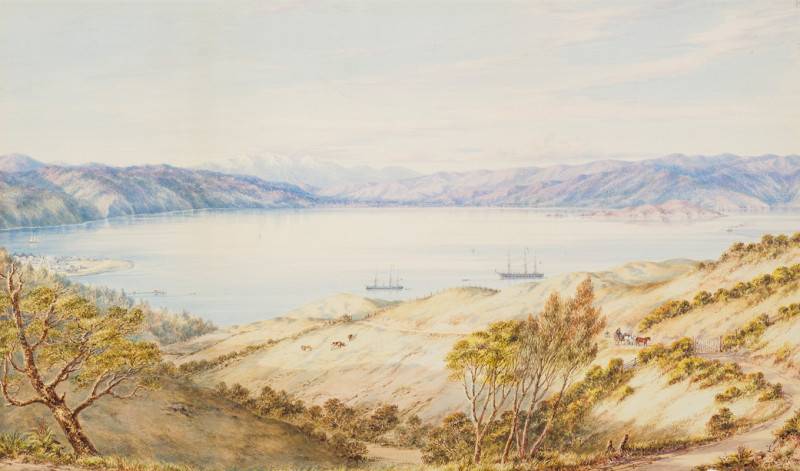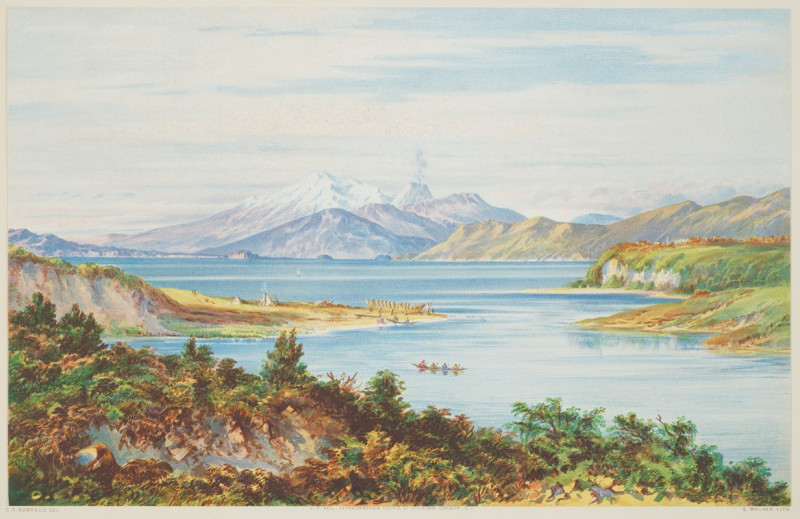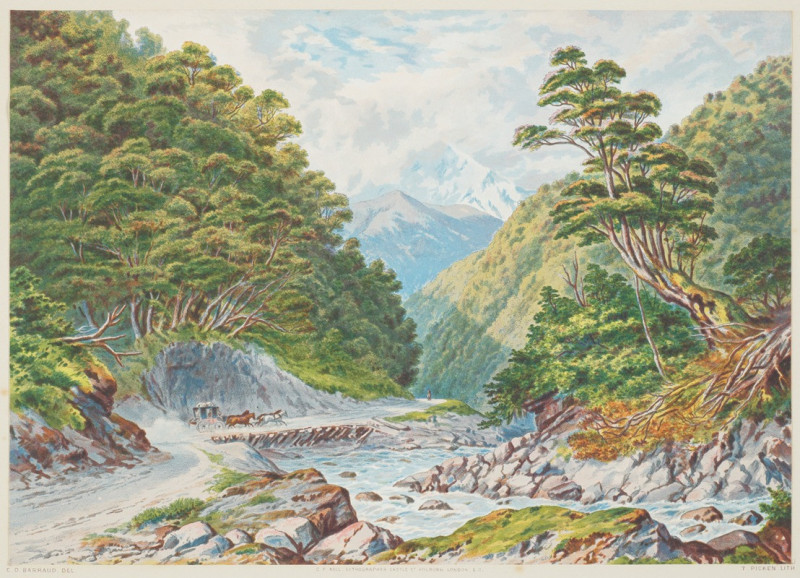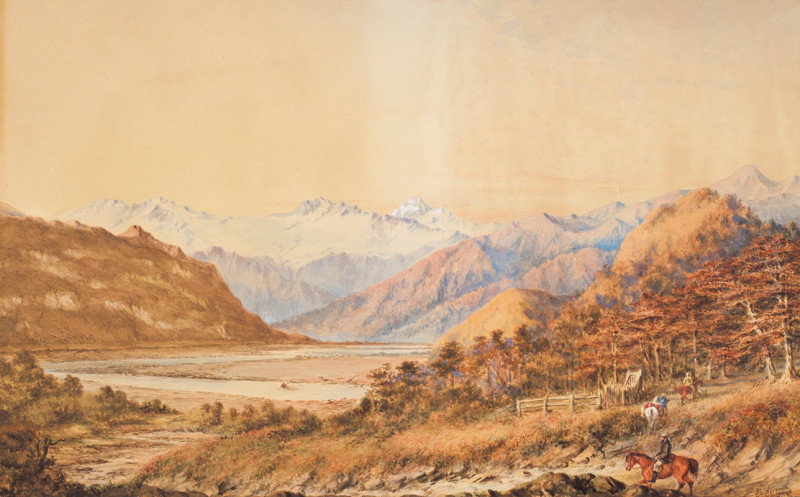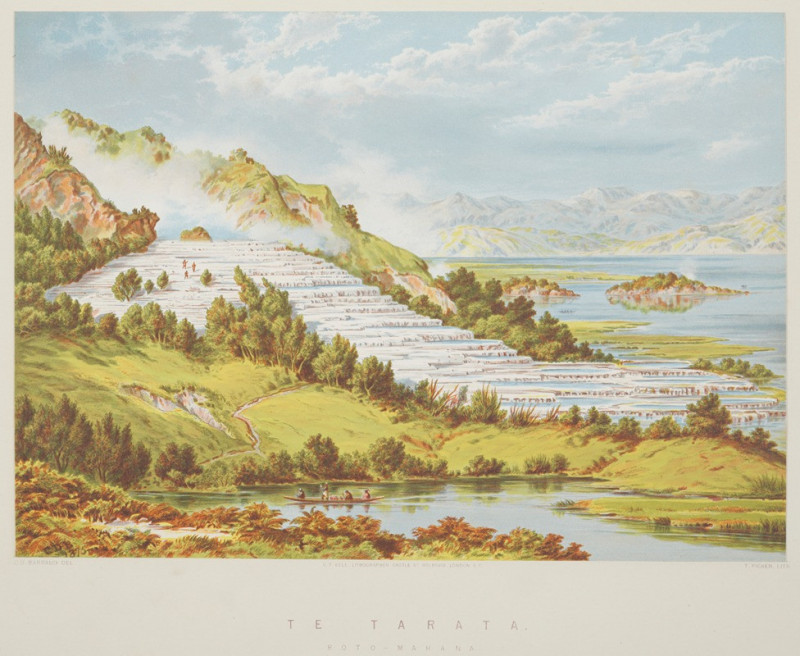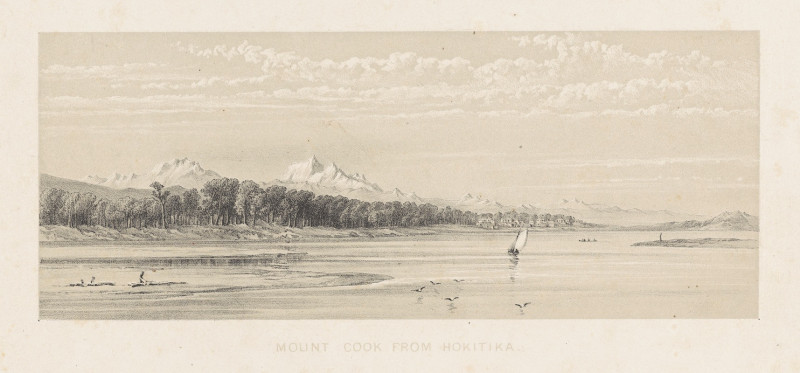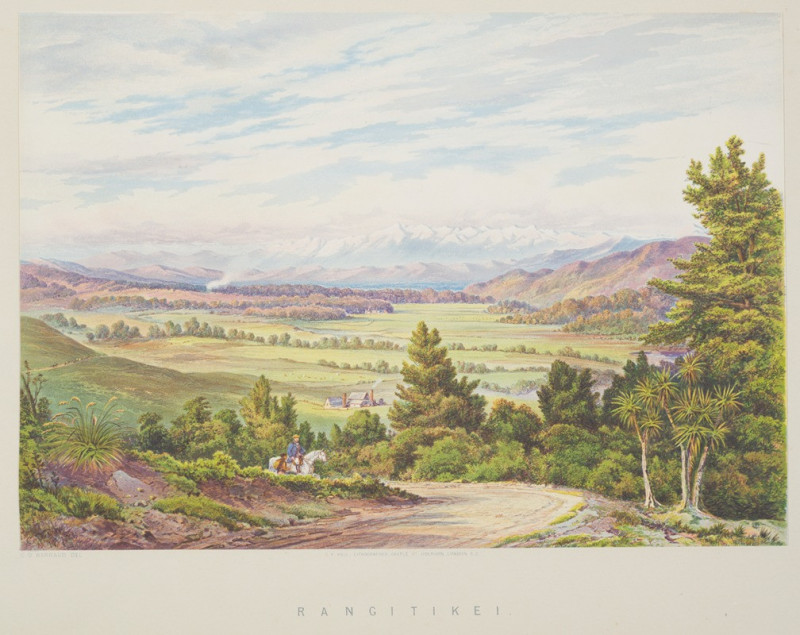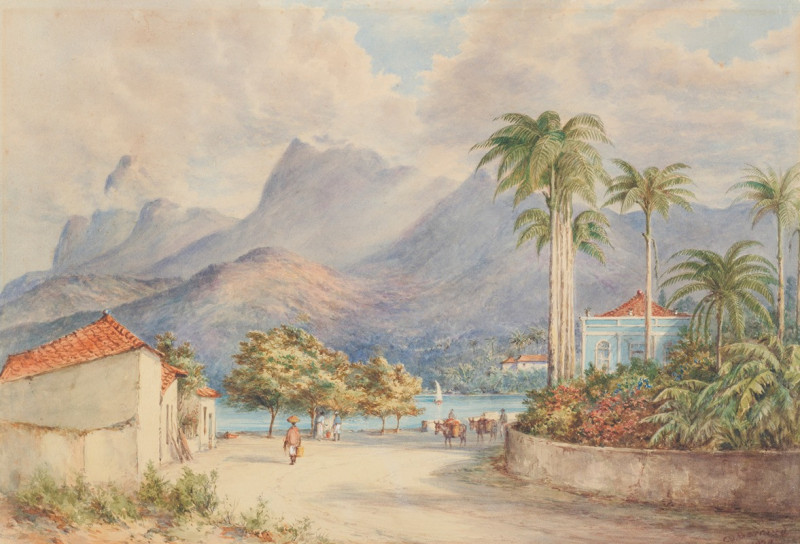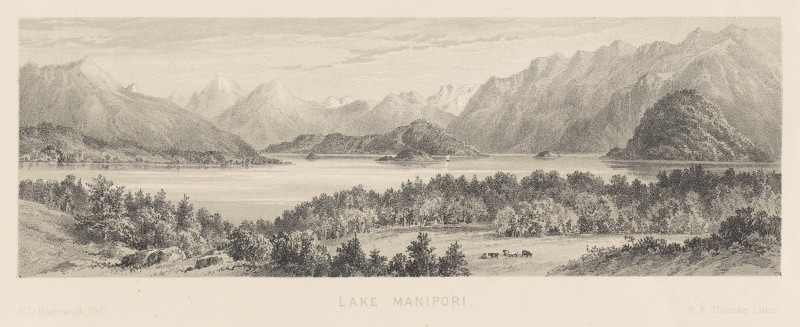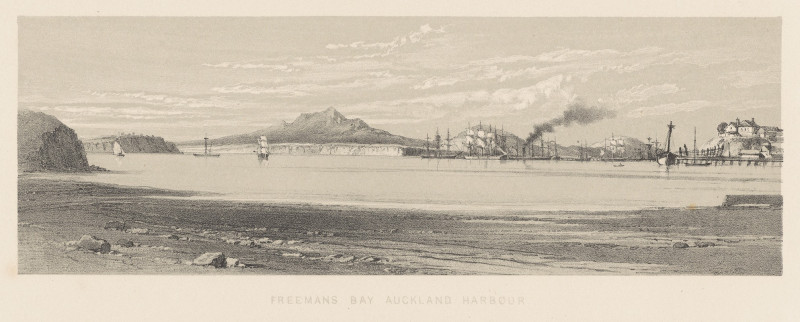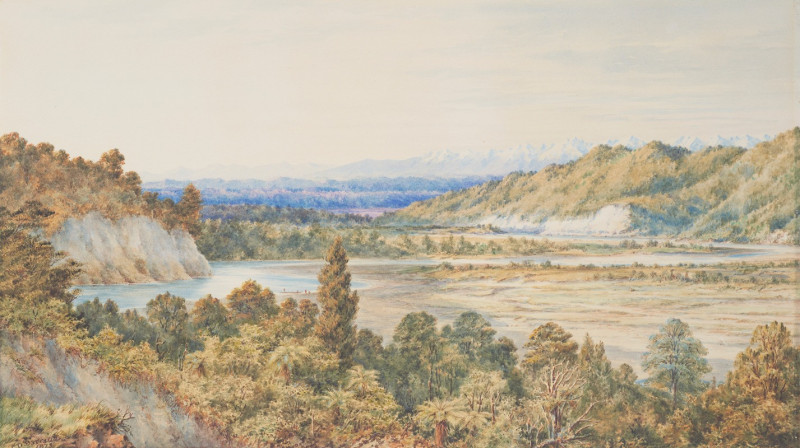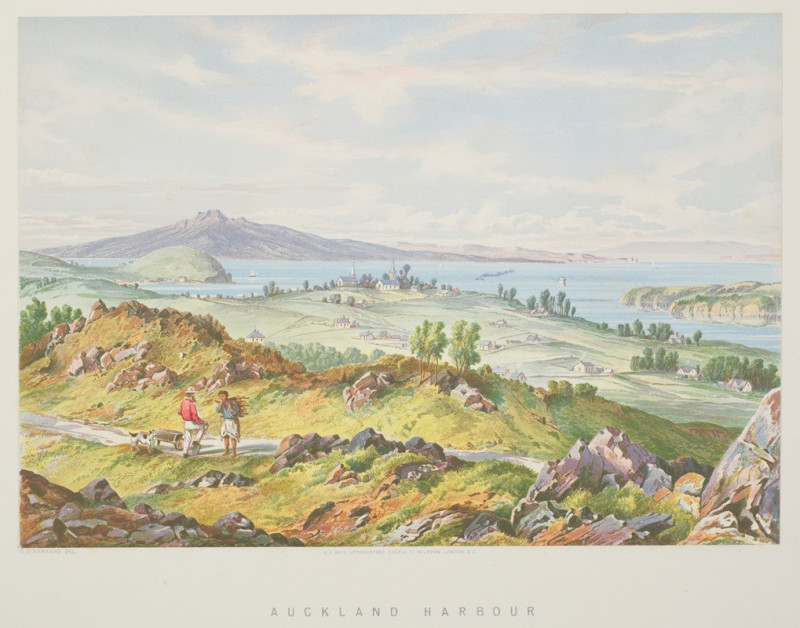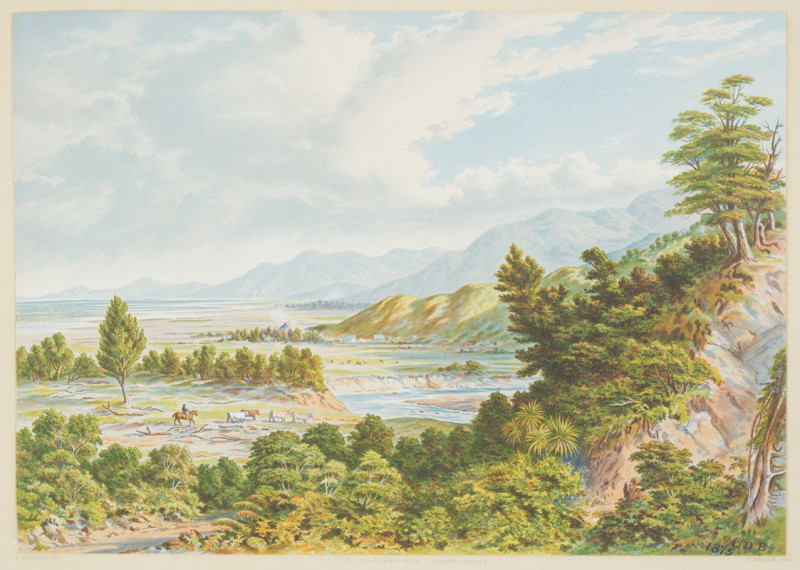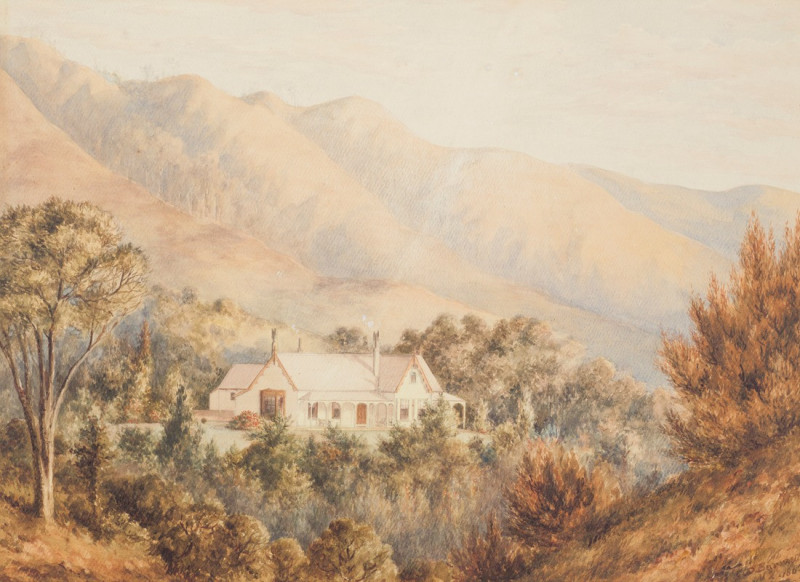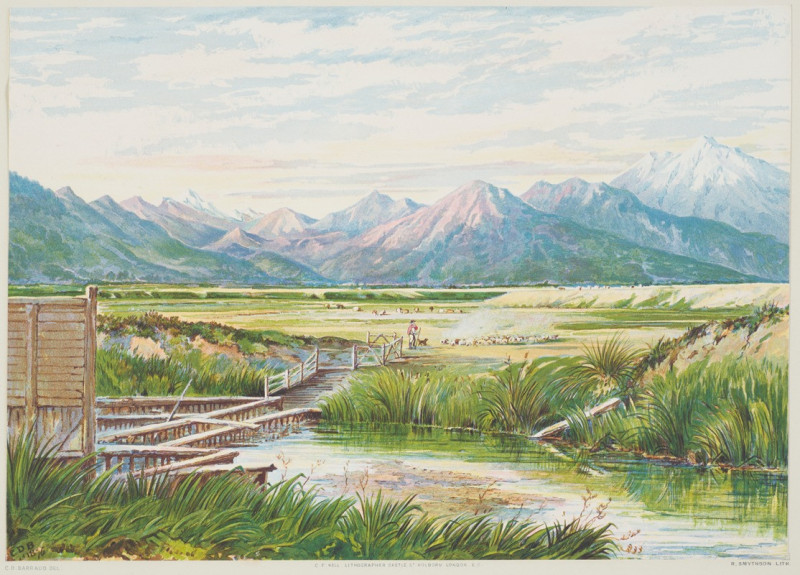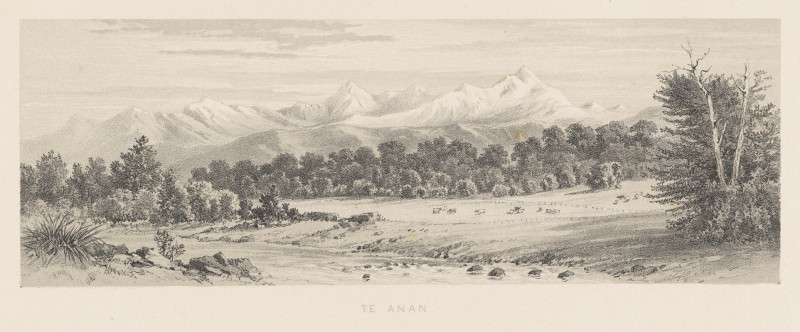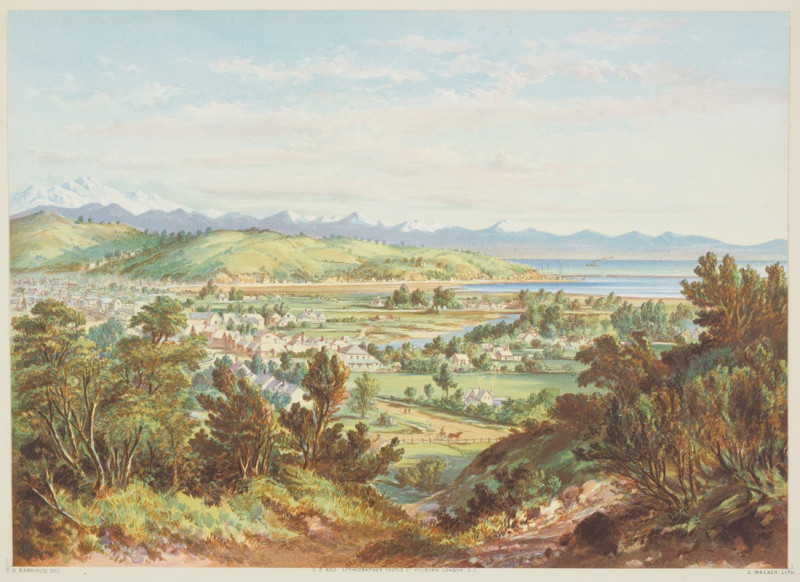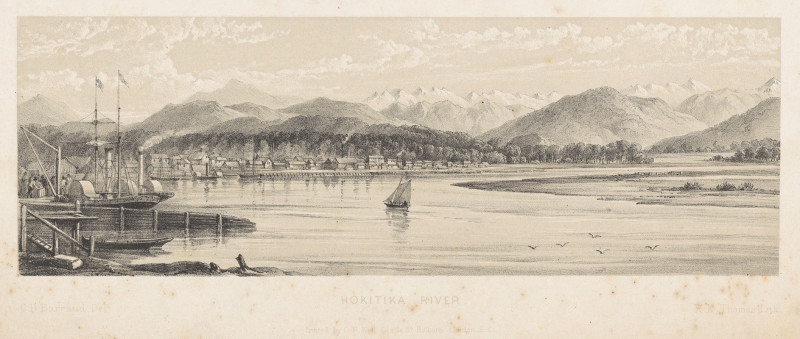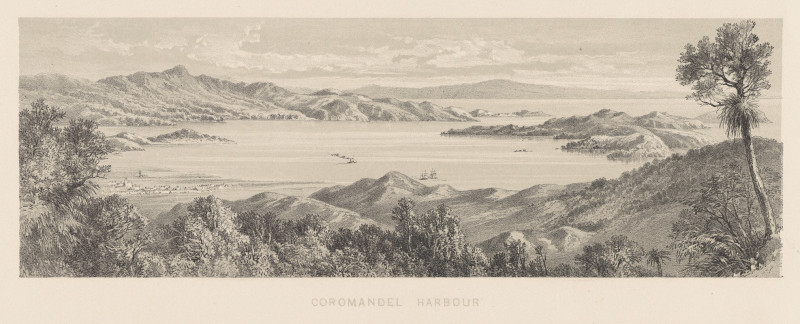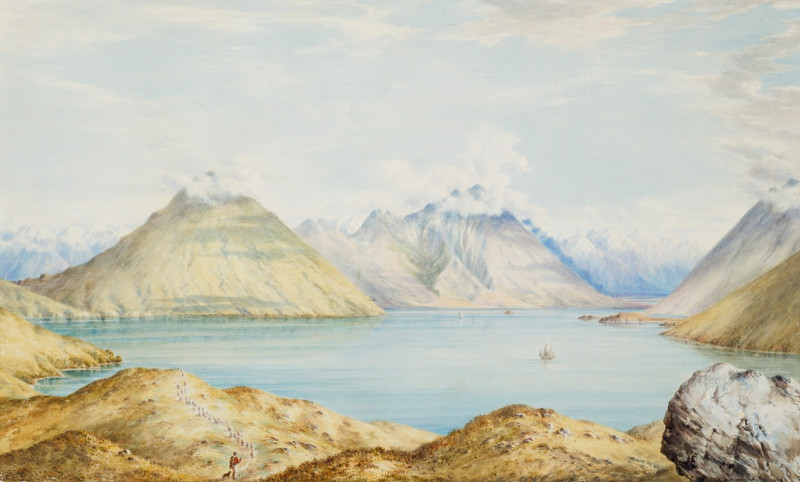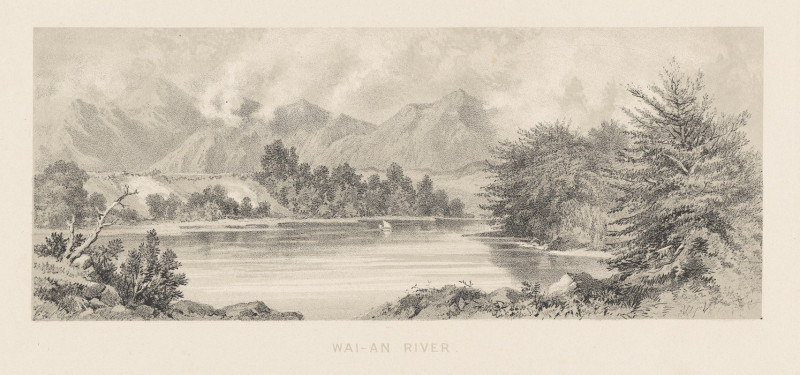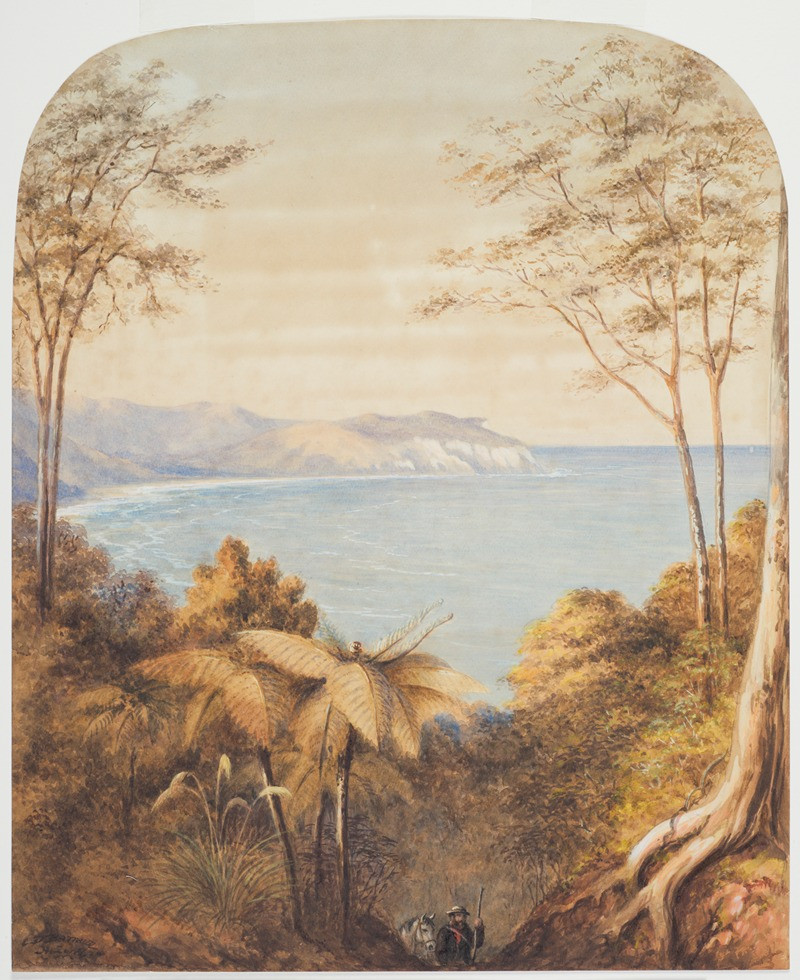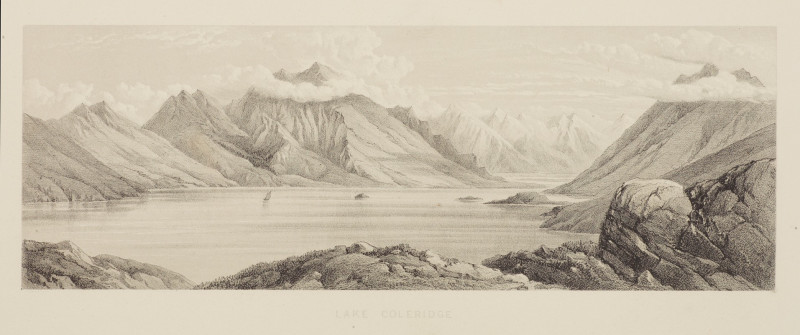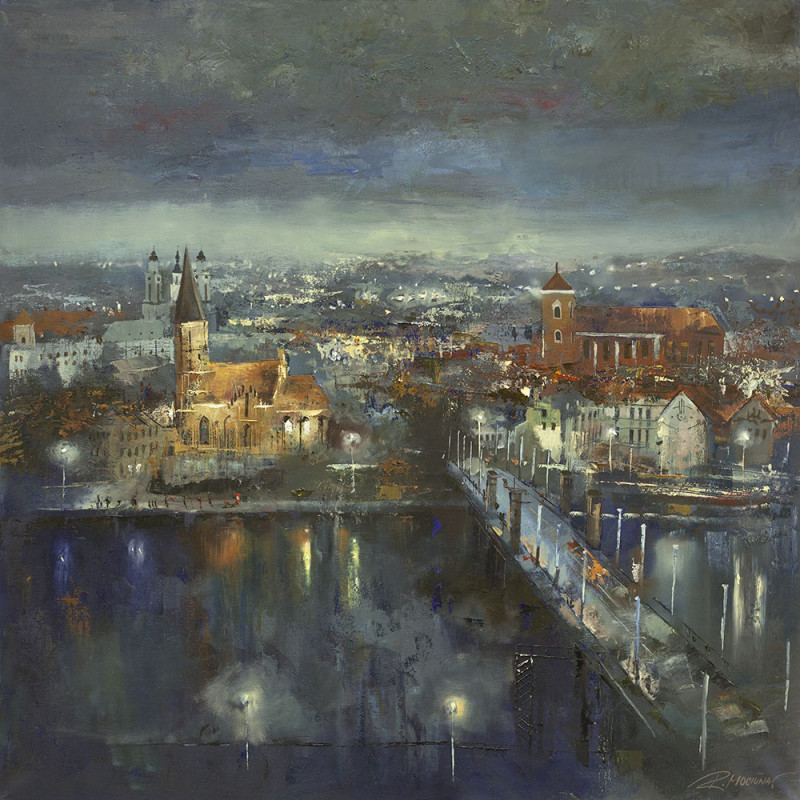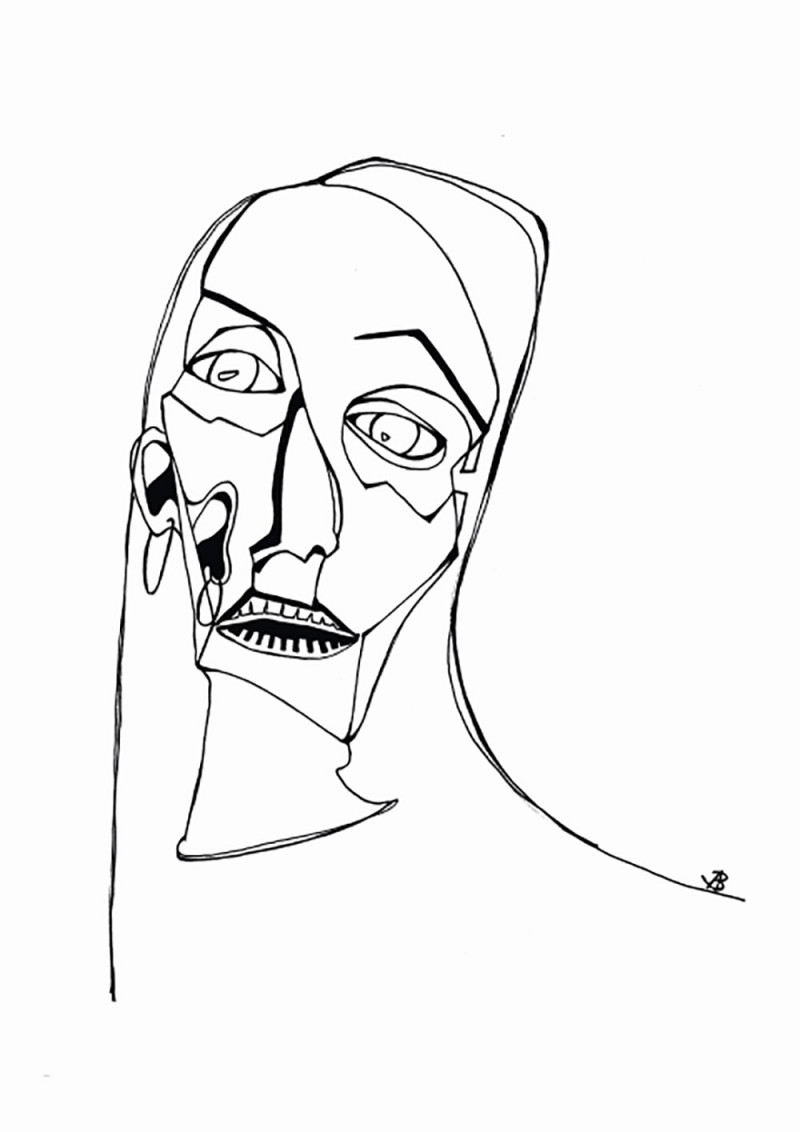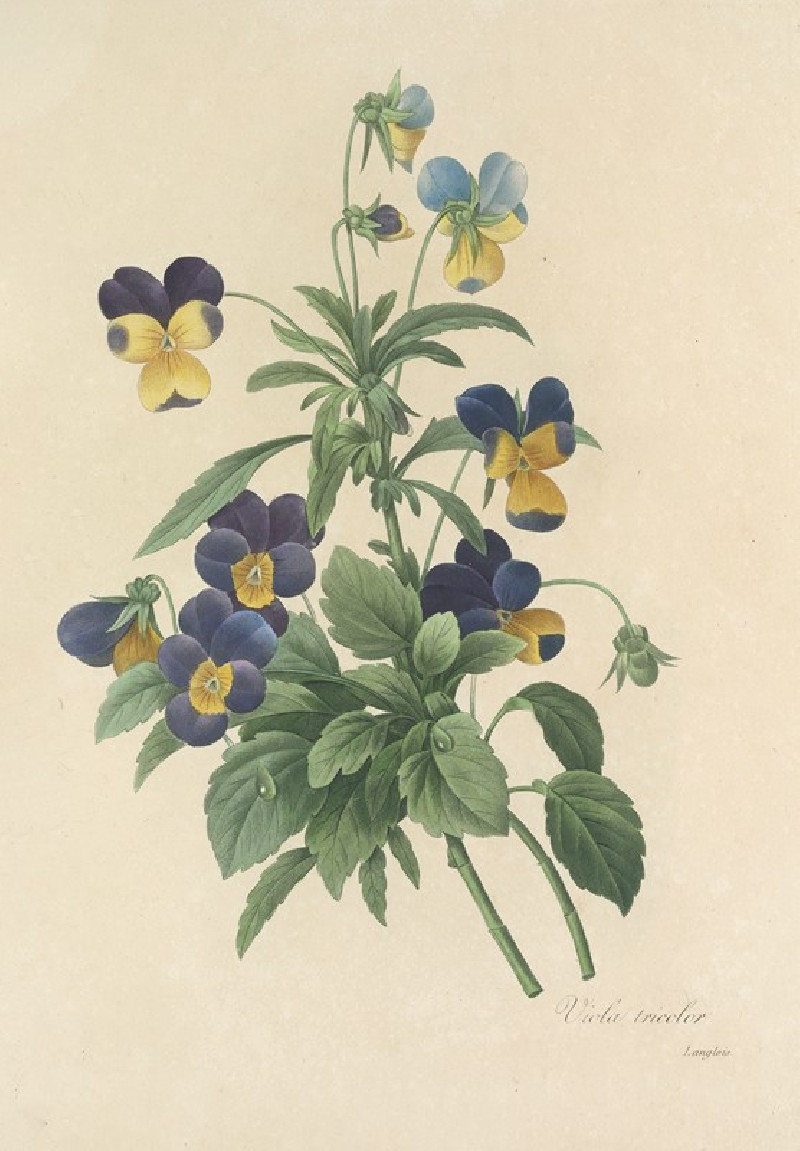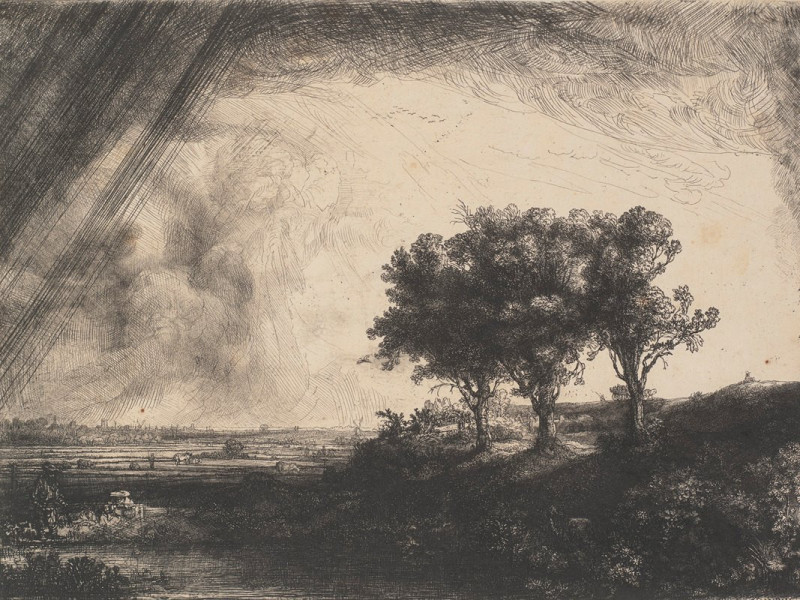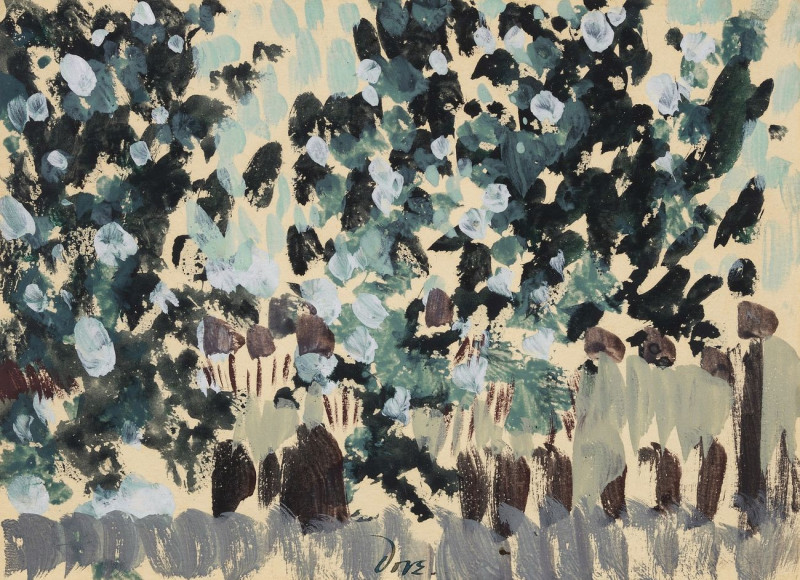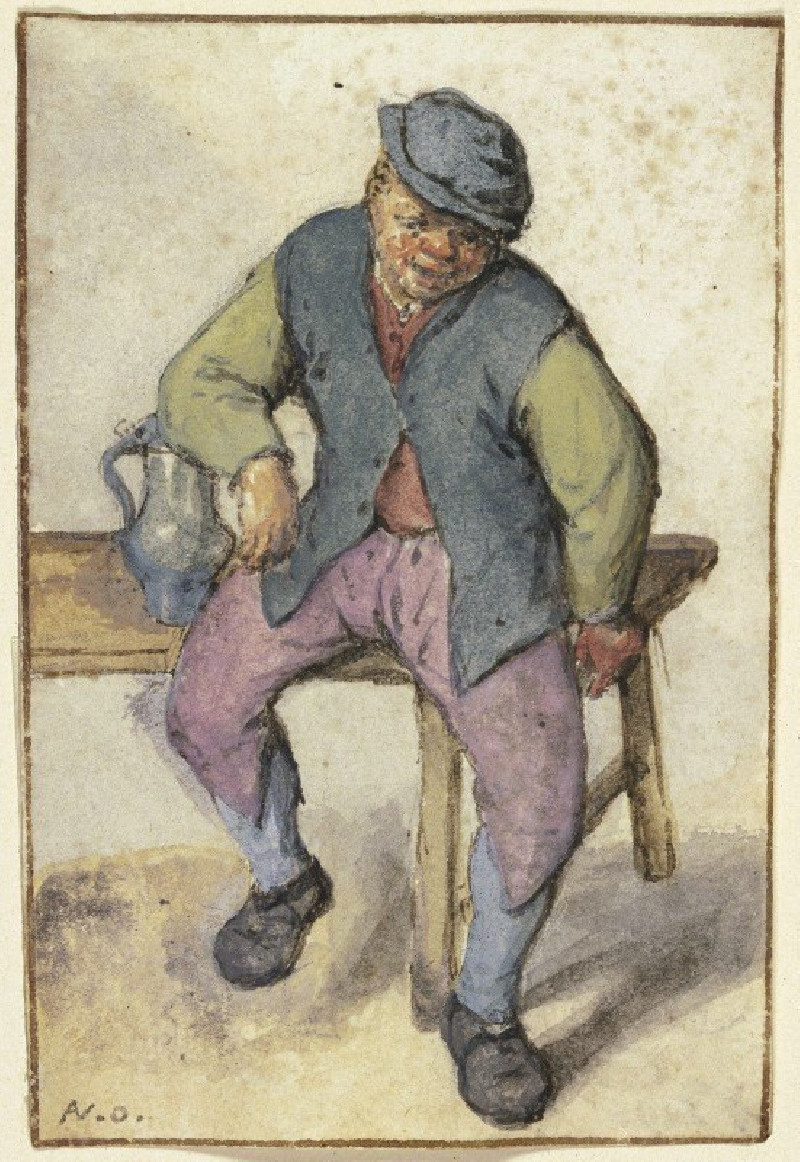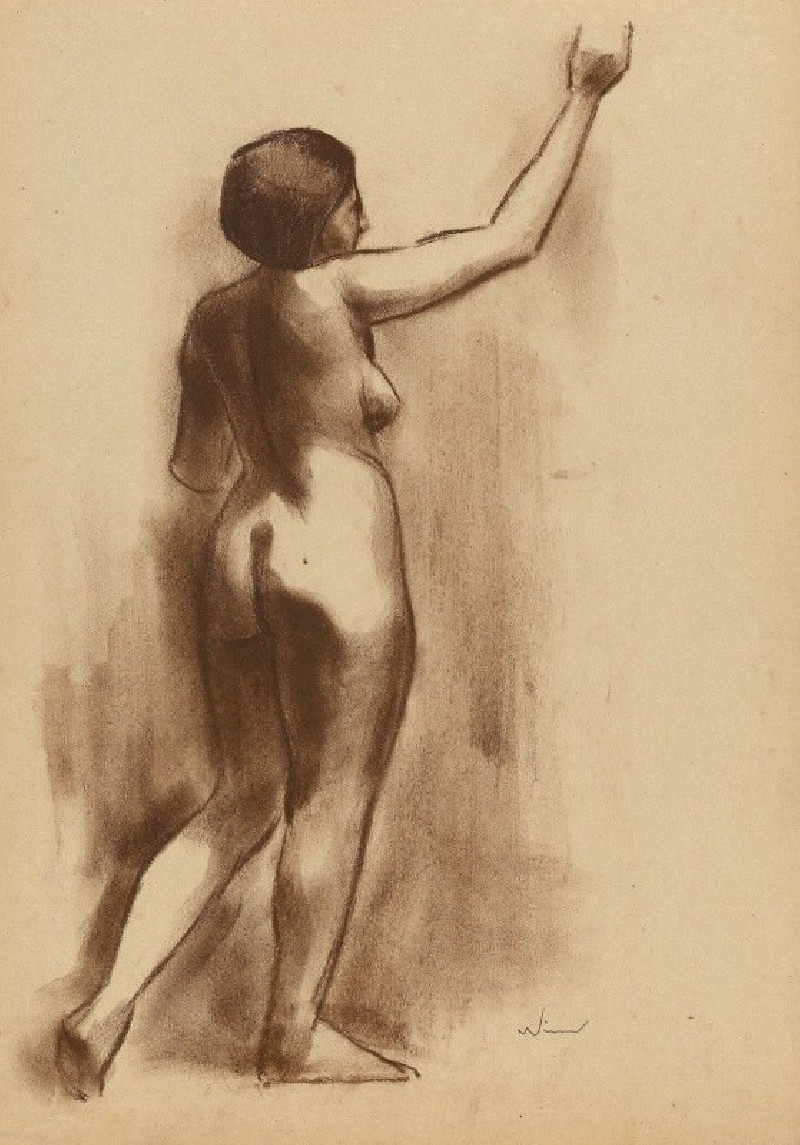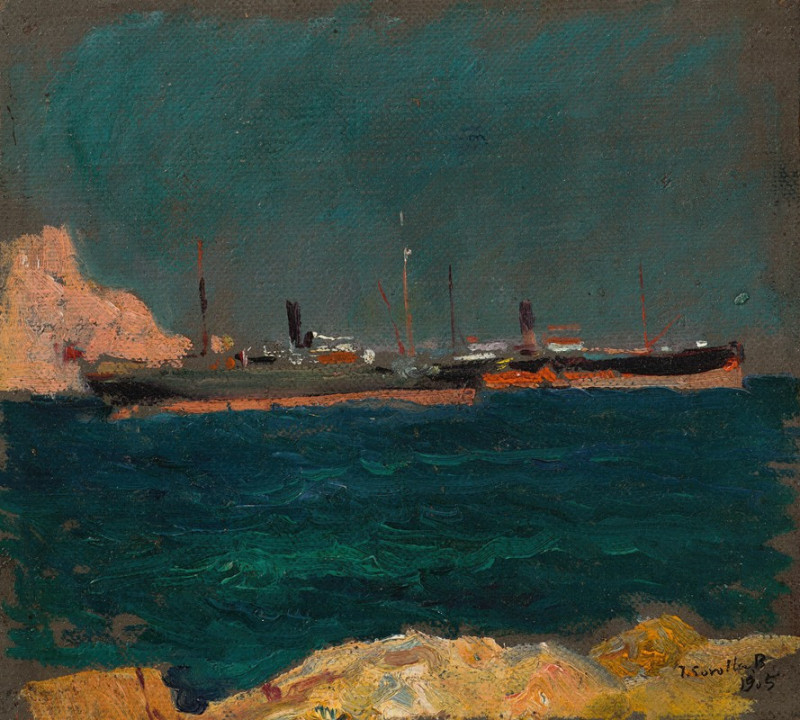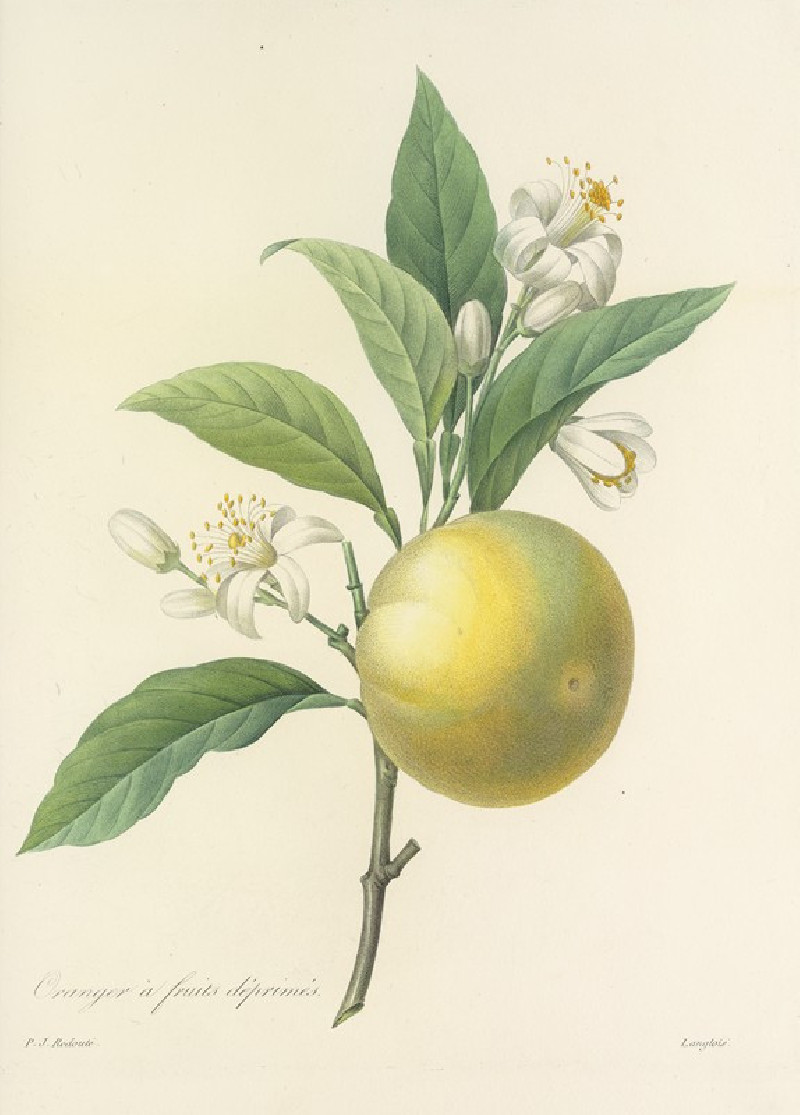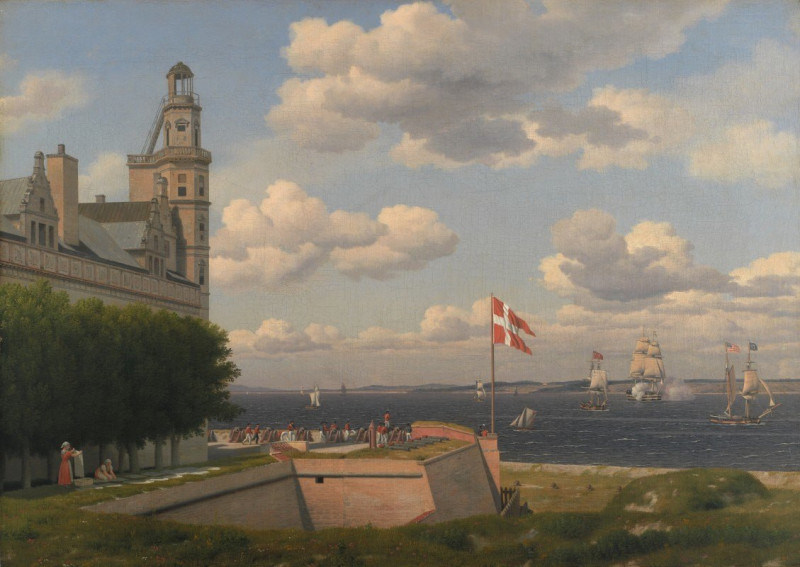Wellington (1871)
Technique: Giclée quality print
Recommended by our customers
More about this artwork
The painting "Wellington (1871)" by Charles Decimus Barraud captures a panoramic view of the early colonial Wellington, showcasing the city’s lush landscapes and pristine waters. Barraud, a notable artist and chemist from New Zealand, is renowned for his intricate watercolors that often featured the striking landscapes of New Zealand.The scene in this painting is bathed in soft, natural light, emphasizing the serene and untouched quality of the terrain at the time. In the foreground, the rugged terrain and sparse vegetation, including a distinctively twisted tree, draw the viewer's eye. These elements contrast sharply with the calm expanse of water and the soothing distant hills, blurring the line between the cultivated land and the wild beauty of nature.Life in Wellington during this era is subtly hinted at through human and animal figures: a few cattle grazing and a small group of people near a horse-driven cart, suggesting the daily activities of the residents. Meanwhile, the harbor is dotted with ships, indicating the burgeoning trade activities that connected Wellington with other parts of the world.Barraud's use of light pastel tones and meticulous detail not only recreates the physical beauty of Wellington but also evokes a sense of tranquility and the sprawling expanse of potential that New Zealand represented to colonial settlers."Wellington (1871)" by Charles Decimus Barraud serves as a historical snapshot, capturing the interplay between human endeavour and the majestic landscapes of New Zealand, rendered with a clarity and affection that only a true lover of the land could achieve.
Delivery
Returns
Charles Decimus Barraud (9 May 1822 – 26 December 1897) was a New Zealand pharmacist and artist.

